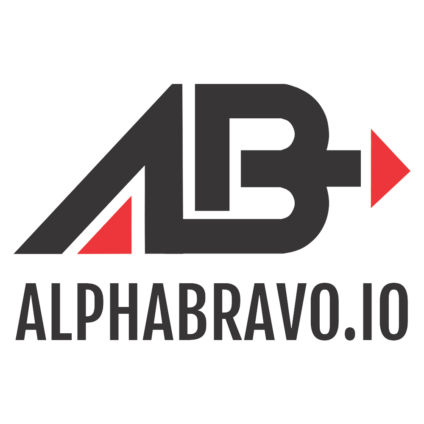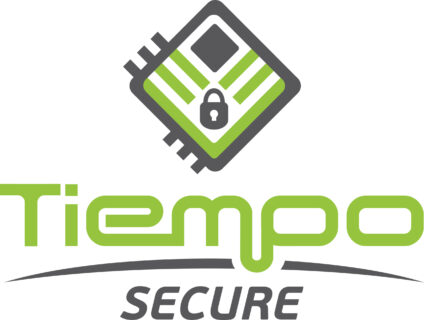My Qubits Are Better Than Your Qubits
Today, we are still in the early stages of quantum computing so it’s hard to believe we may someday need to make these kinds of choices: which type of qubit (quantum bit) is right for which job?
Today, we are still in the early stages of quantum computing so it’s hard to believe we may someday need to make these kinds of choices: which type of qubit (quantum bit) is right for which job?
A group of scientists from IQM Quantum Computers, Aalto University, and VTT Technical Research Centre of Finland have discovered a new superconducting qubit, the unimon, to increase the accuracy of quantum computations. The team has achieved the first quantum logic gates with unimons at 99.9% fidelity — a major milestone on the quest to build commercially useful quantum computers.
Quantinuum researchers have hit a significant milestone by entangling logical qubits in a fault-tolerant circuit using real-time quantum error correction.
To start to do anything useful with quantum computers, we need to reach the million-qubit scale. It’s a monumental task but not an impossible one with the right engineering focus to scale to the million-qubit range.
The sixth part of an eight part-series by Mr. Russ Fein, founder of The Quantum Leap. In this work Russ provides a high-level overview of various types of qubits. The Quantum Leap is an up-and-coming blog journaling the race to quantum supremacy. Read the series here at The Qubit Report or find the complete series and more at, Quantumtech.blog. Because Quantum is Coming. Qubit
With the “High-Performance Computer and Quantum Simulator hybrid” (HPCQS) project, Europe is entering a new era of hybrid quantum high-performance computing. The aim is to closely connect two quantum simulators, each with over 100 qubits, with two European supercomputers. The infrastructure project is part of the research and innovation action “Advanced pilots towards the European exascale Supercomputers” and is funded by the European High-Performance Computing Joint Undertaking (EuroHPC JU) based in Luxembourg. HPCQS has a total budget of 12 million euros over 4 years, which is financed in equal parts by EuroHPC JU and the participating member states.
Engineers and materials scientists studying superconducting quantum information bits (qubits)—a leading quantum computing material platform based on the frictionless flow of paired electrons—have collected clues hinting at the microscopic sources of qubit information loss. This loss is one of the major obstacles in realizing quantum computers capable of stringing together millions of qubits to run demanding computations. Such large-scale, fault-tolerant systems could simulate complicated molecules for drug development, accelerate the discovery of new materials for clean energy, and perform other tasks that would be impossible or take an impractical amount of time (millions of years) for today’s most powerful supercomputers.
For the first time, Archer Materials validated that the qubits’ quantum coherence properties‡ are preserved under an inert atmosphere. Quantum coherence is the fundamental requirement for quantum logic operations that are the basis of any quantum computing qubit processor hardware. For potential integration and use of qubit materials in practical chip devices, it is significant to demonstrate and validate qubit robustness at room temperature and under atmospheric environments other than that of air or vacuum.
Funded by a new $2.7 million grant from the US Department of Energy (DOE), Dartmouth Engineering Professor Geoffroy Hautier will lead a three-year, multi-institutional effort to identify qbits, a basic unit of quantum information, in order to transform and advance quantum computing. The team aims to build a database of viable qbits, which can store information in their spin, by analyzing defects in solids.




